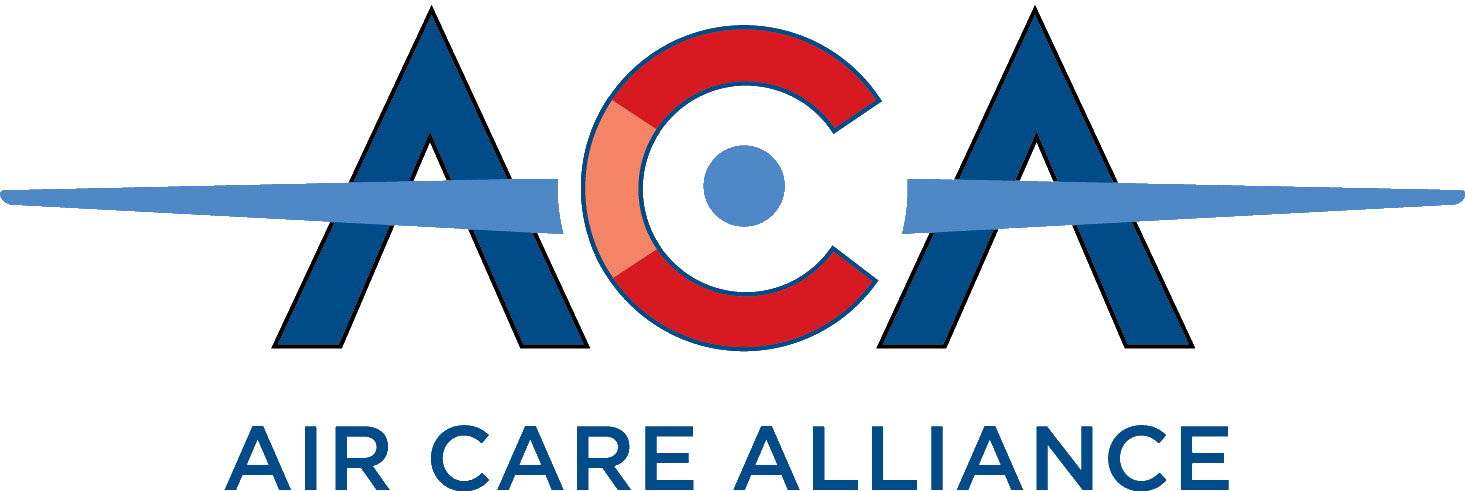Do you receive fuel reimbursement for your volunteer flights? Do you want to? Would you accept more flights if you could?
Under current FAA regulations, a pilot cannot accept any compensation for these flights other than in the form of logging time or taking a tax deduction. This is true unless the organization arranging your flight has obtained an Exemption from the FAA that allows it to offer fuel or other reimbursement. The FAA will grant these waivers, but the requirements are so stringent that most organizations and pilots don’t go that route.
For example, exemptions require the PIC to be instrument rated, have 500 hours total with 400 as PIC, have logged 50 hours within the previous 12 months and 12 hours within the previous 3 months. A Second-Class Medical Certificate is also required as is an instrument proficiency check within the previous 12 months. There are substantial burdens on the Volunteer Pilot Organizations as well. And this is after discussions between the FAA and ACA resulted in loosening some of the initial requirements.
At ACA, we seek to maximize the efforts for volunteer pilots but not erode the essential charitable nature of your efforts. Charitable flying shouldn’t become just an inexpensive way to build hours. ACA also acknowledges that the FAA has legitimate concerns that compensation may alter the safety equation and affect pilot judgment.
Is this issue important to you? Is there a need for change?
We want to hear from YOU, the pilots that make it all happen. Help us serve you better by CLICKING HERE to take a brief survey and tell us your thoughts on this, and other issues affecting our industry. And if you’re a Volunteer Pilot Organization leader or staff member reading this–please forward this survey to your pilots so we can hear from them too.
We also encourage you to consider attending our upcoming Air Care conference, where we will hold discussion sessions devoted to reimbursements, operational safety, call signs, and other important topical issues. Register here.

